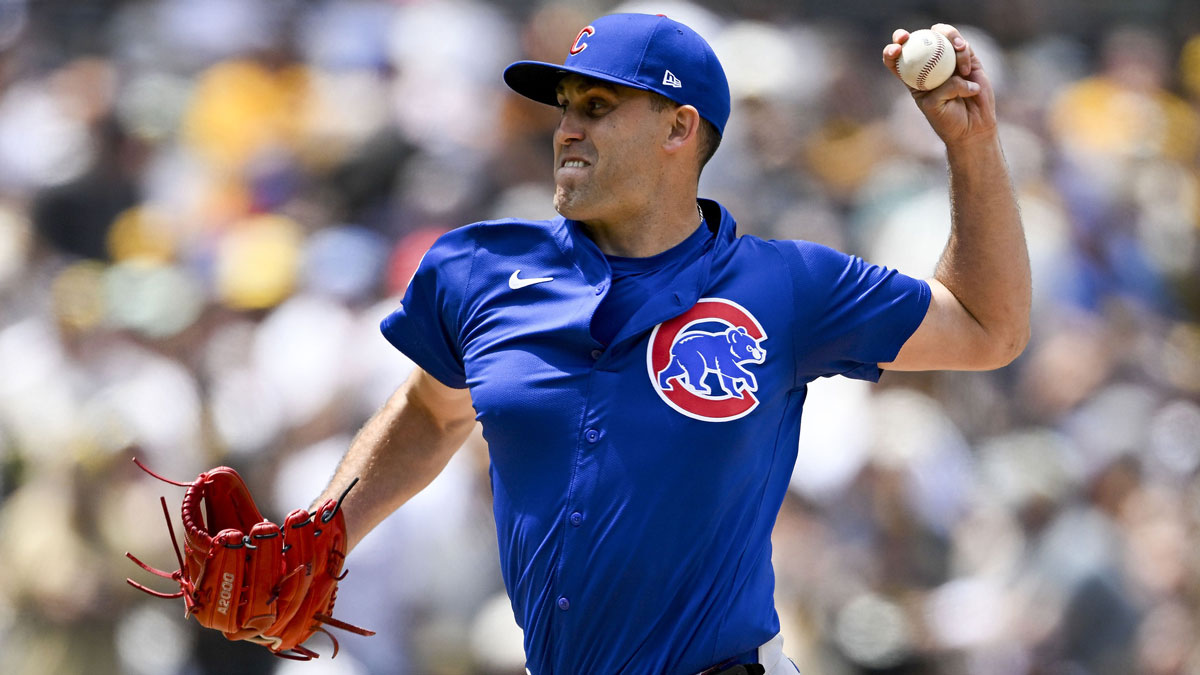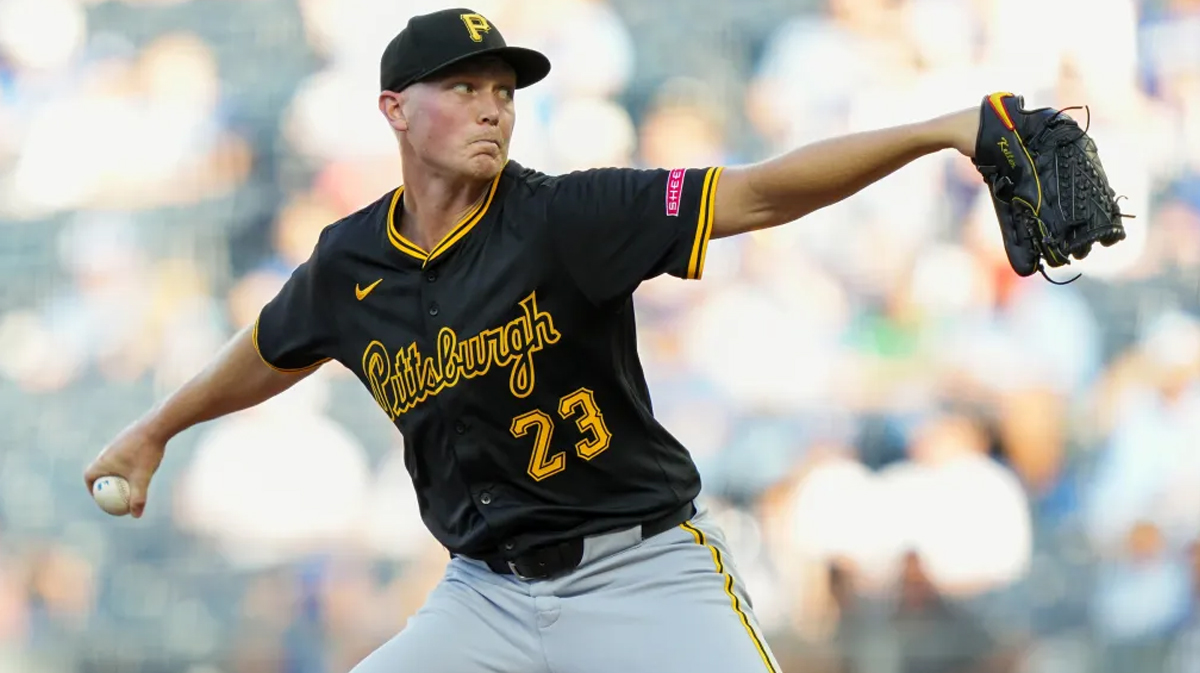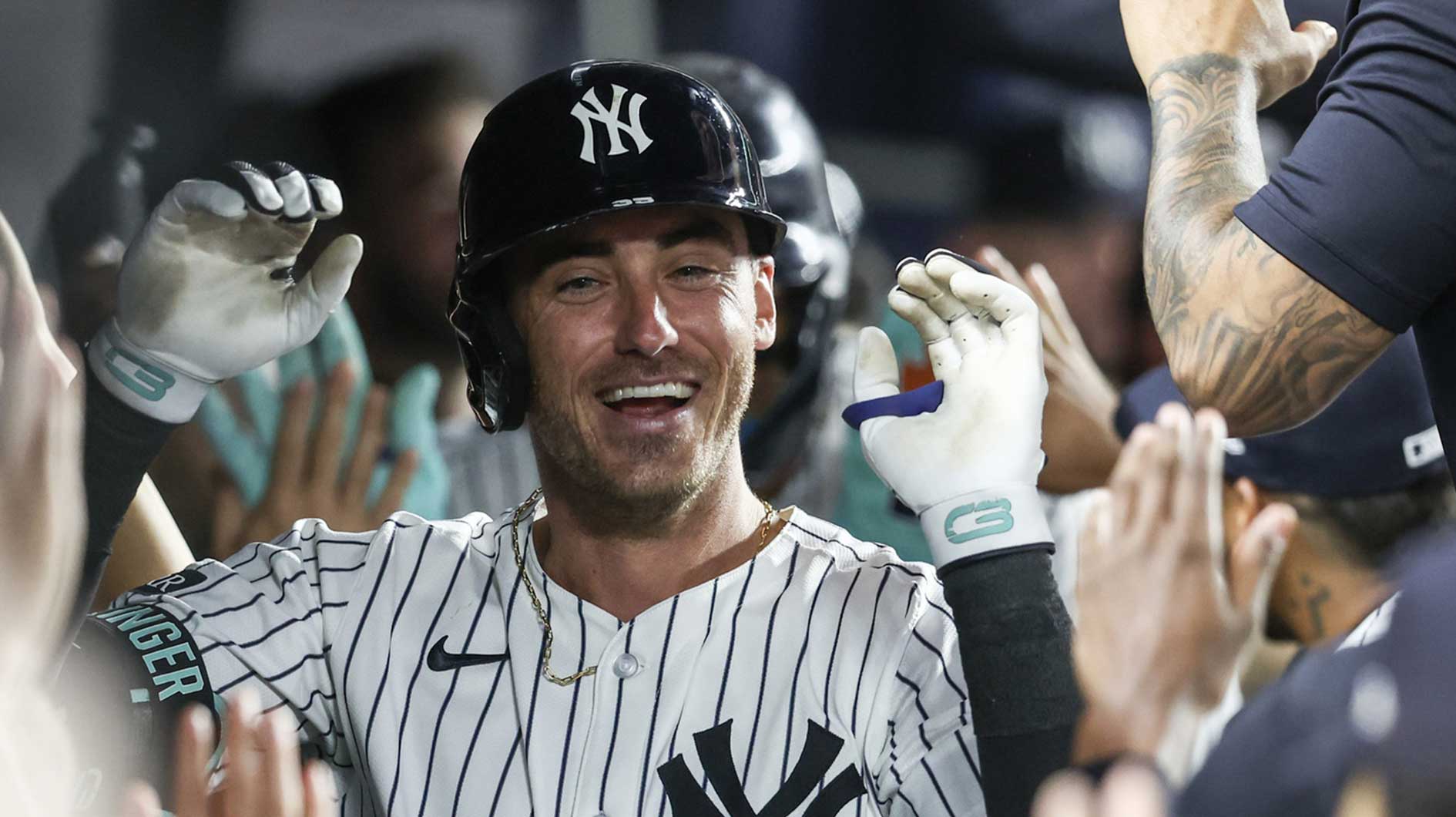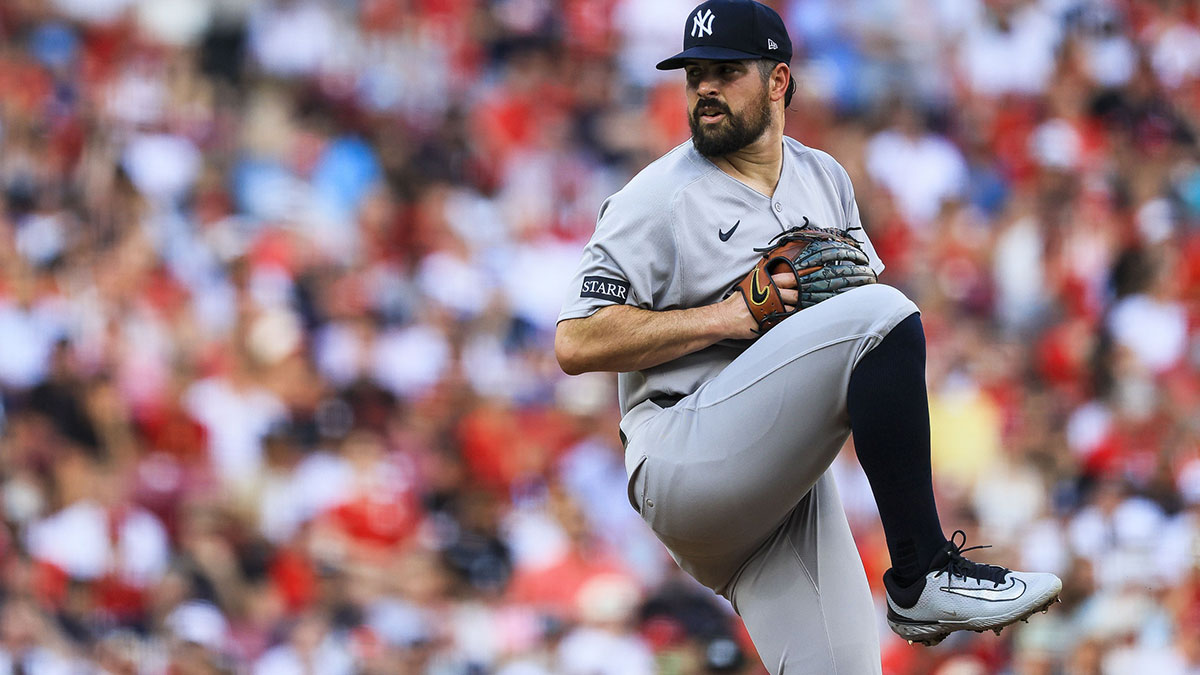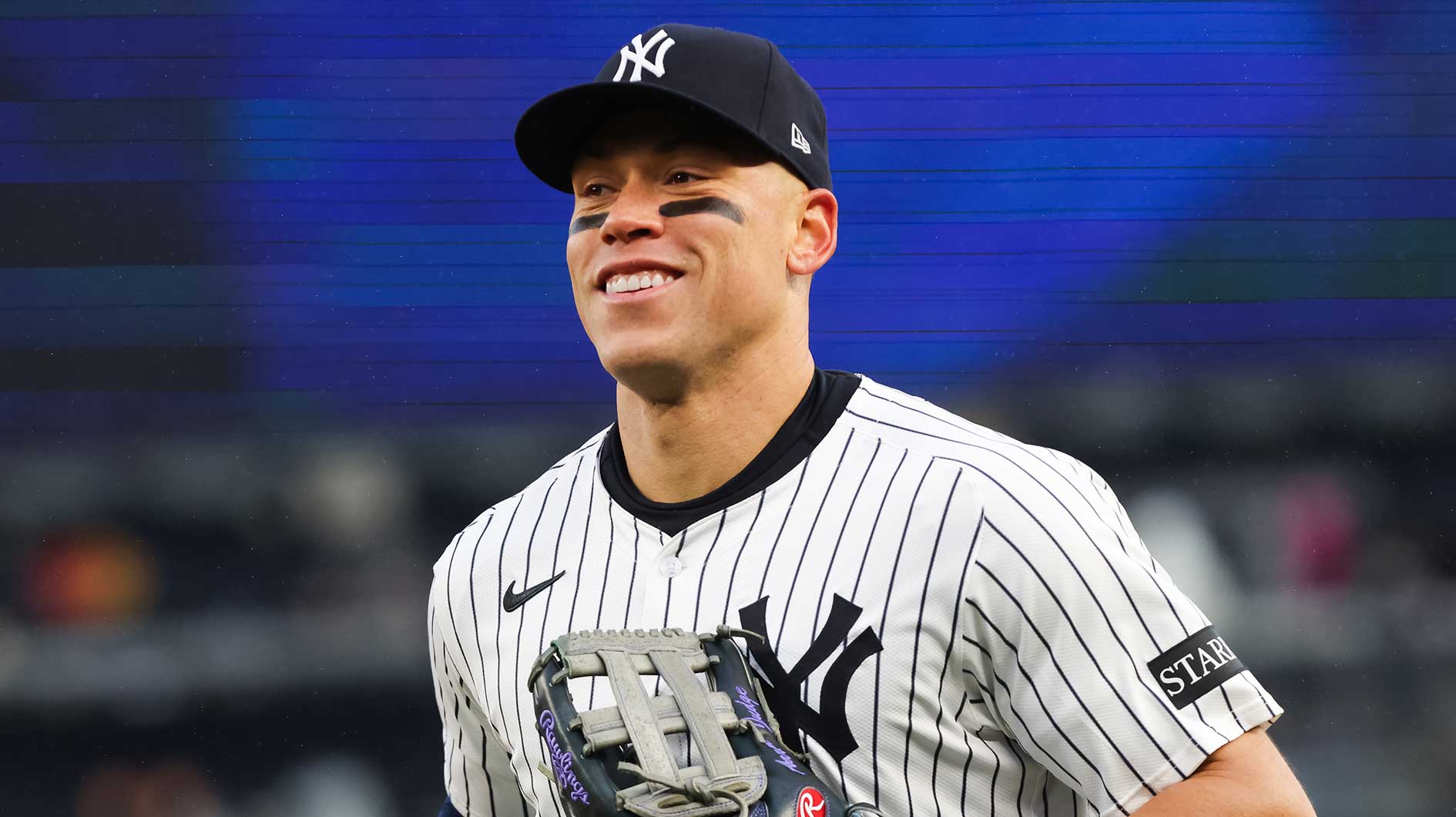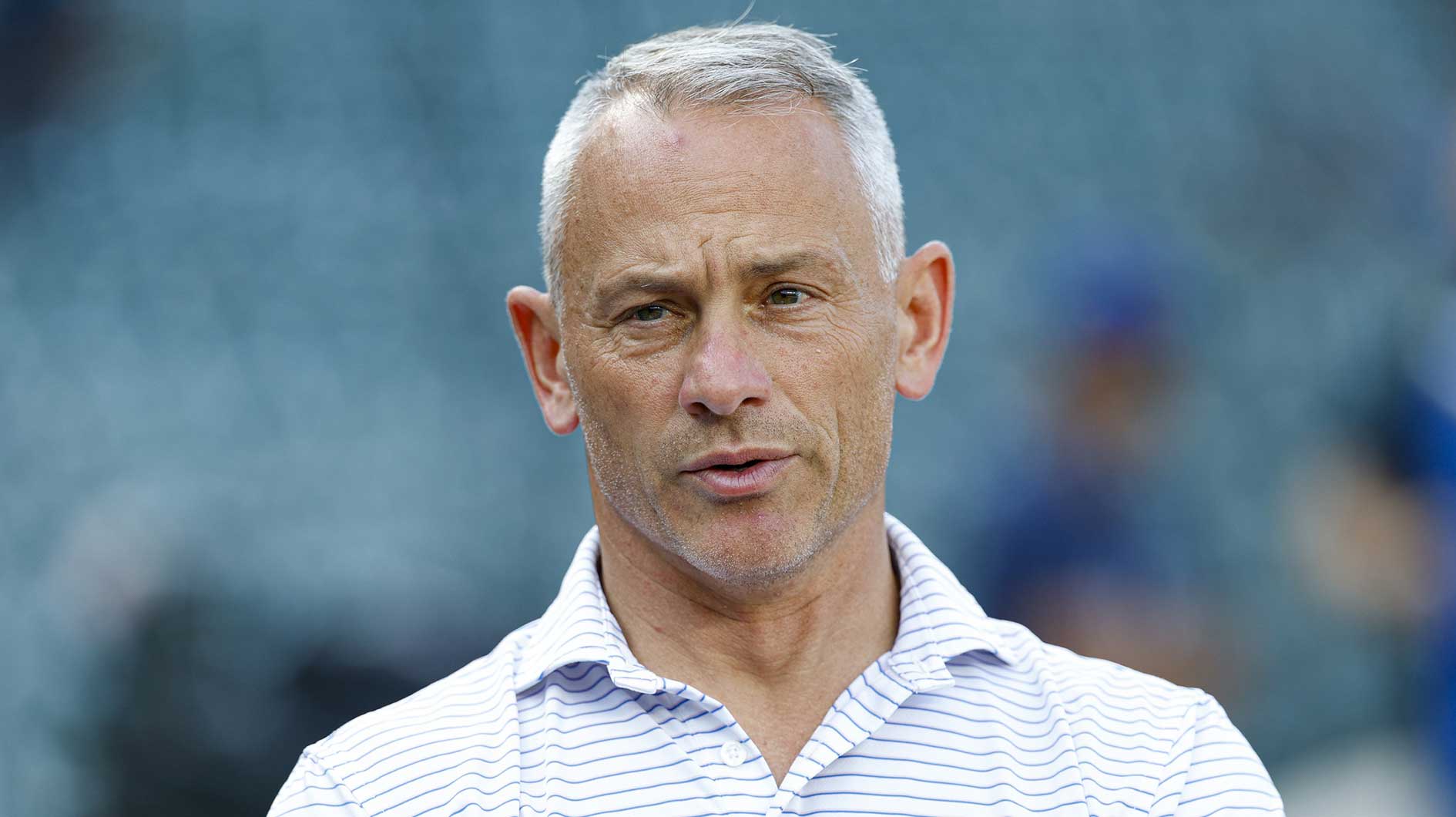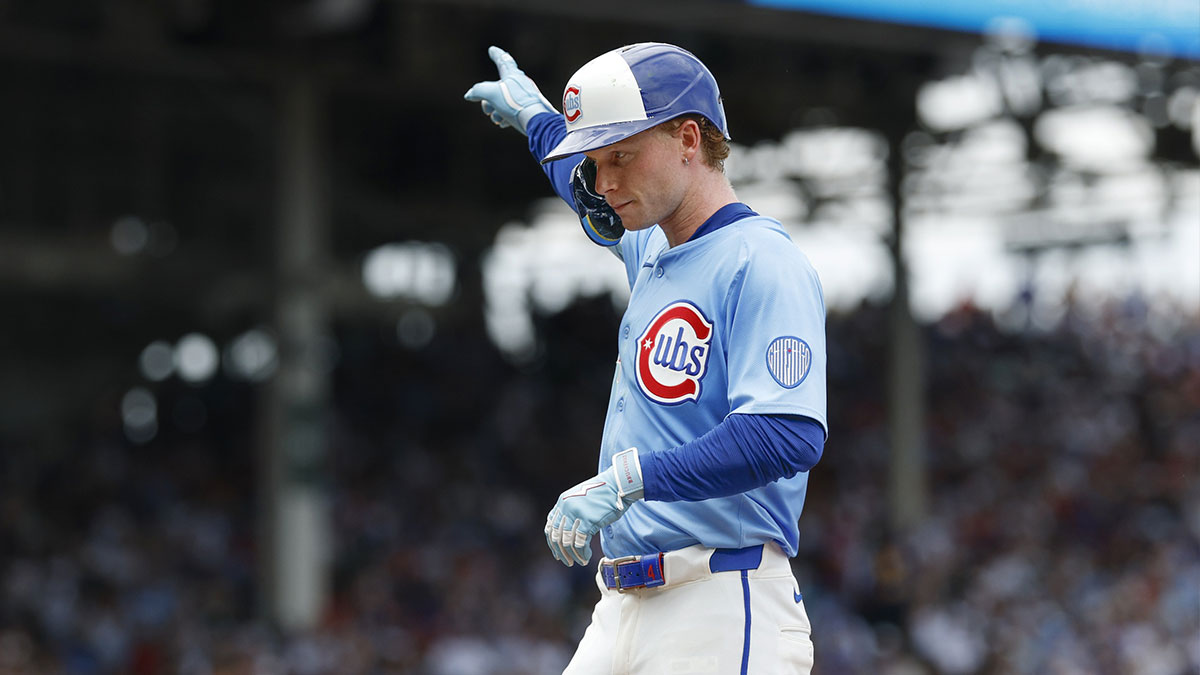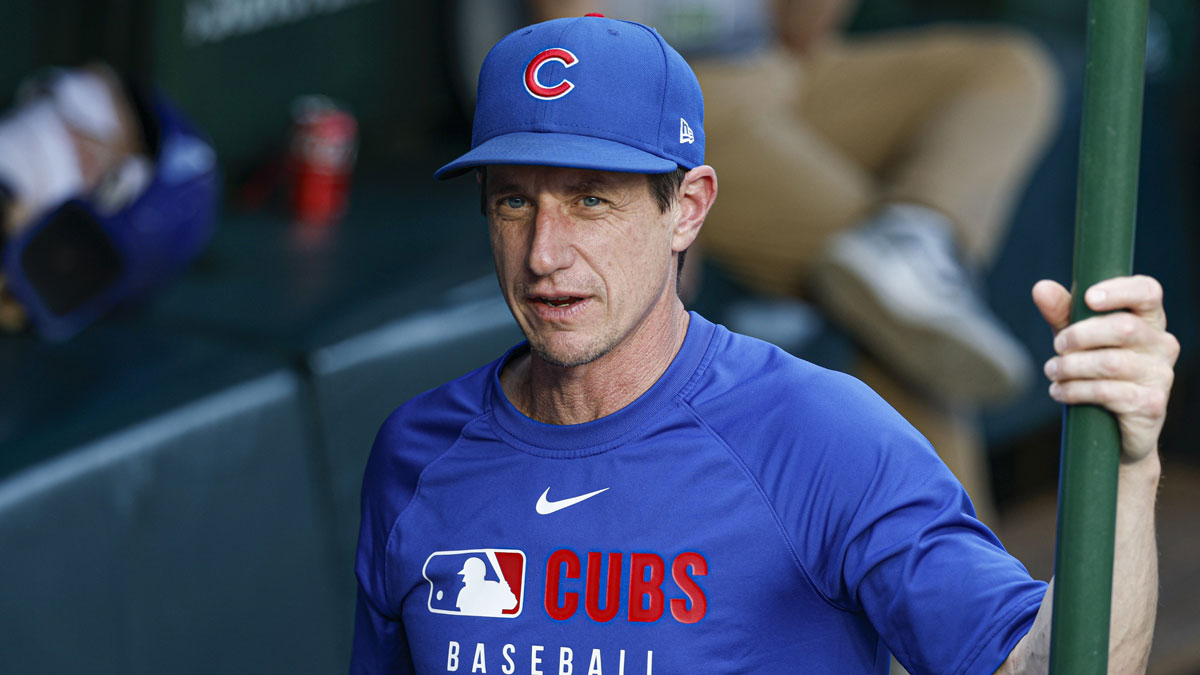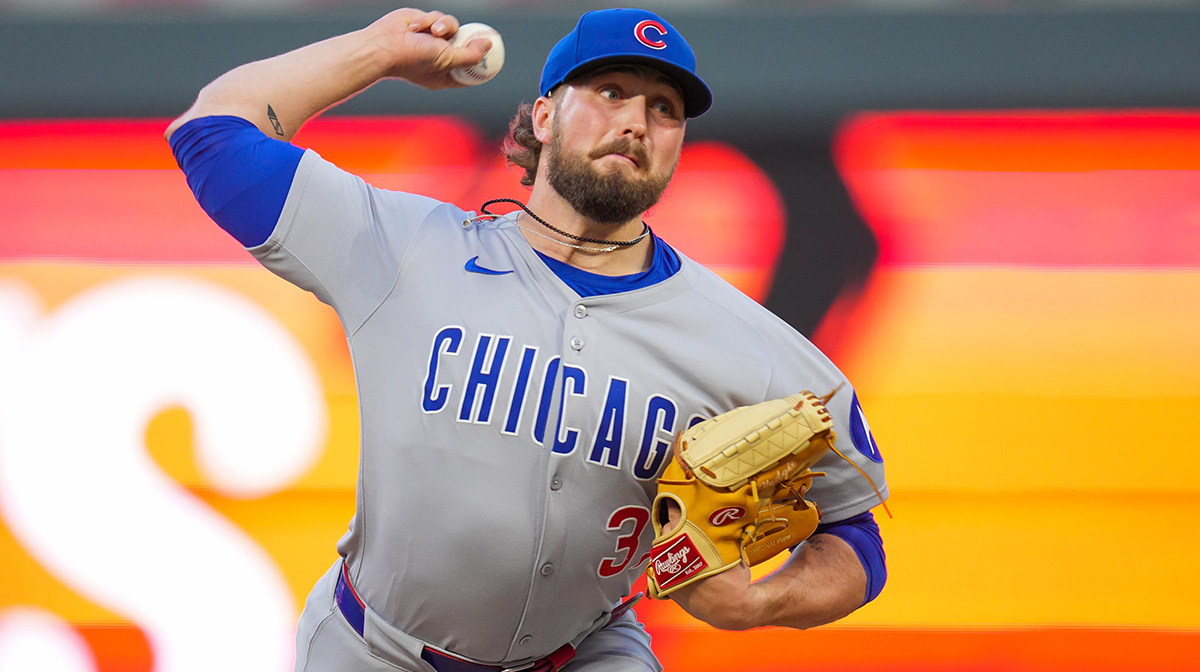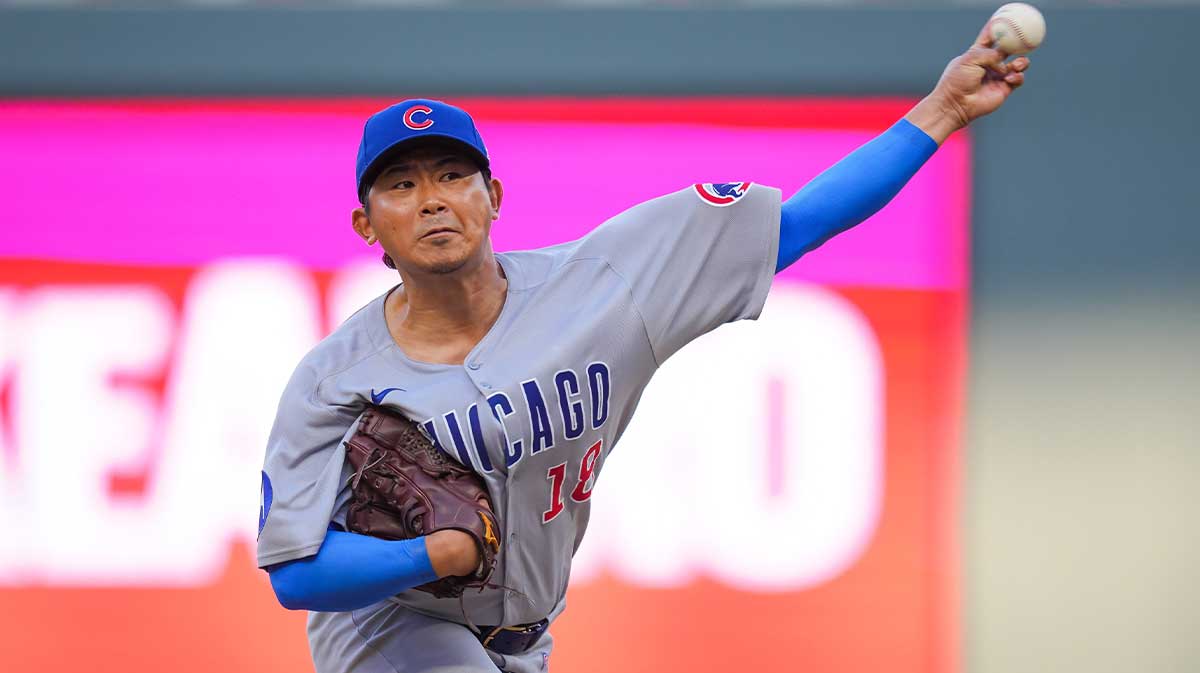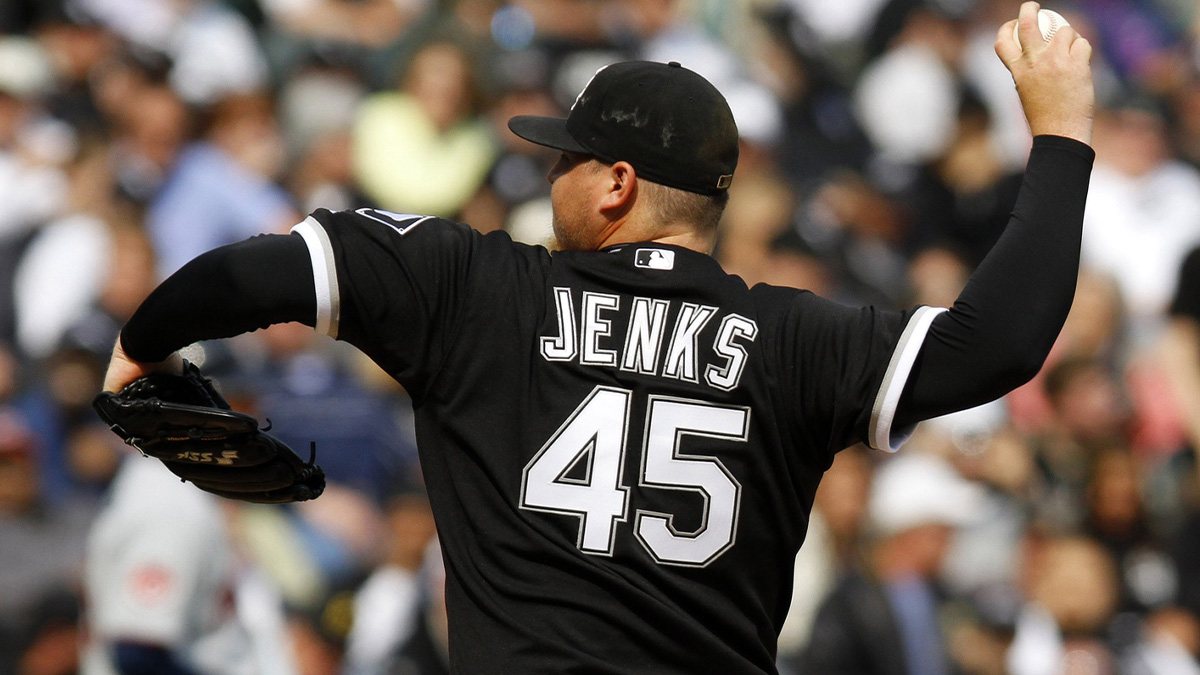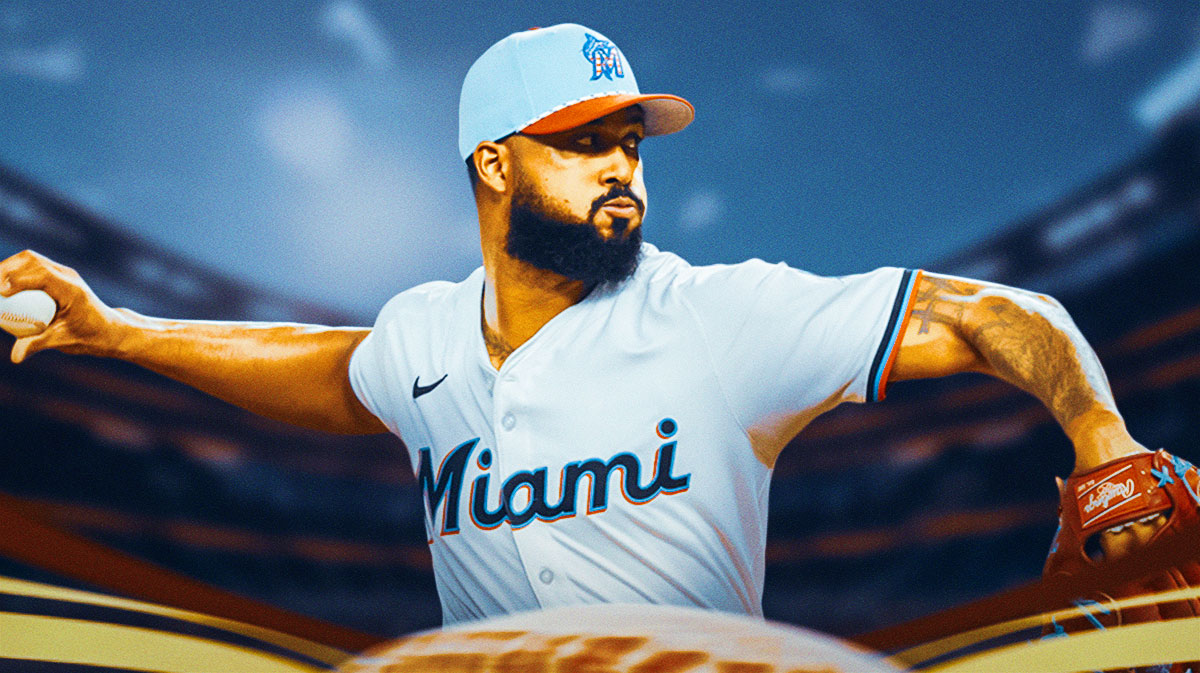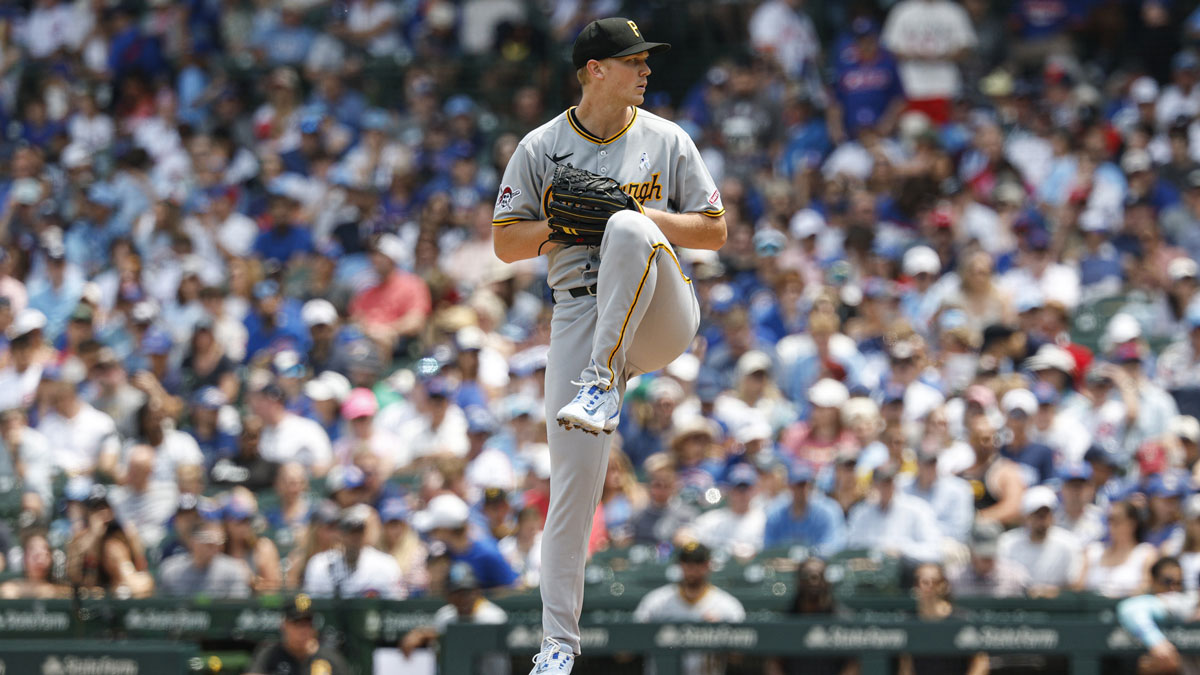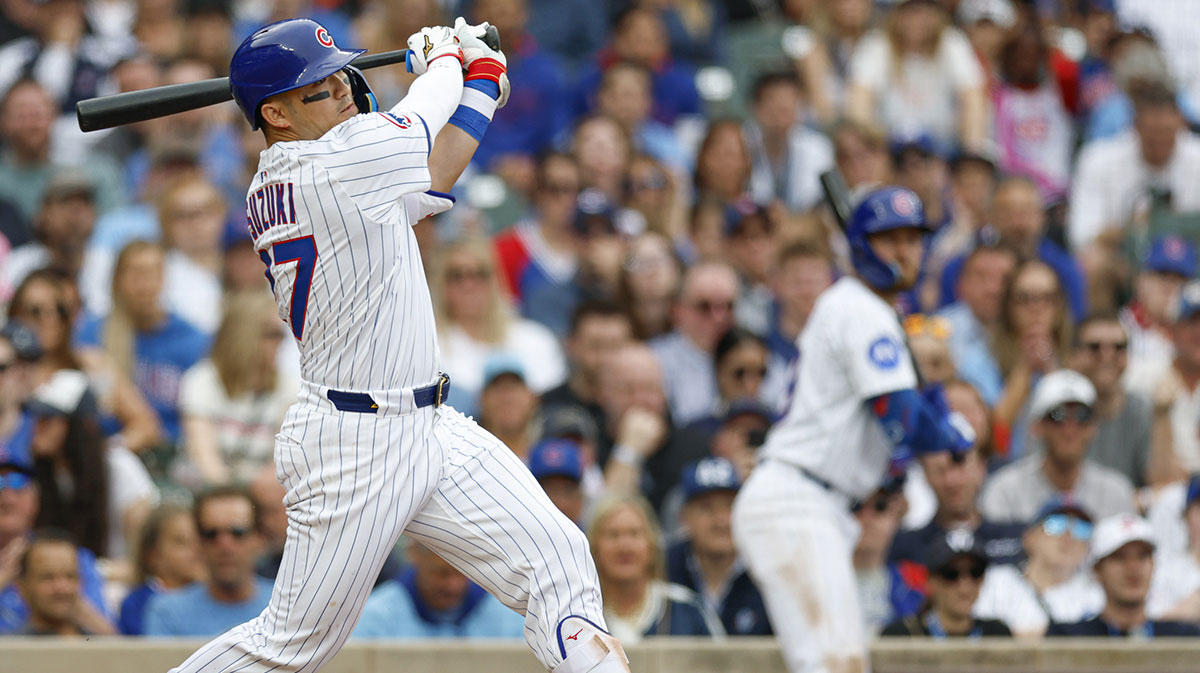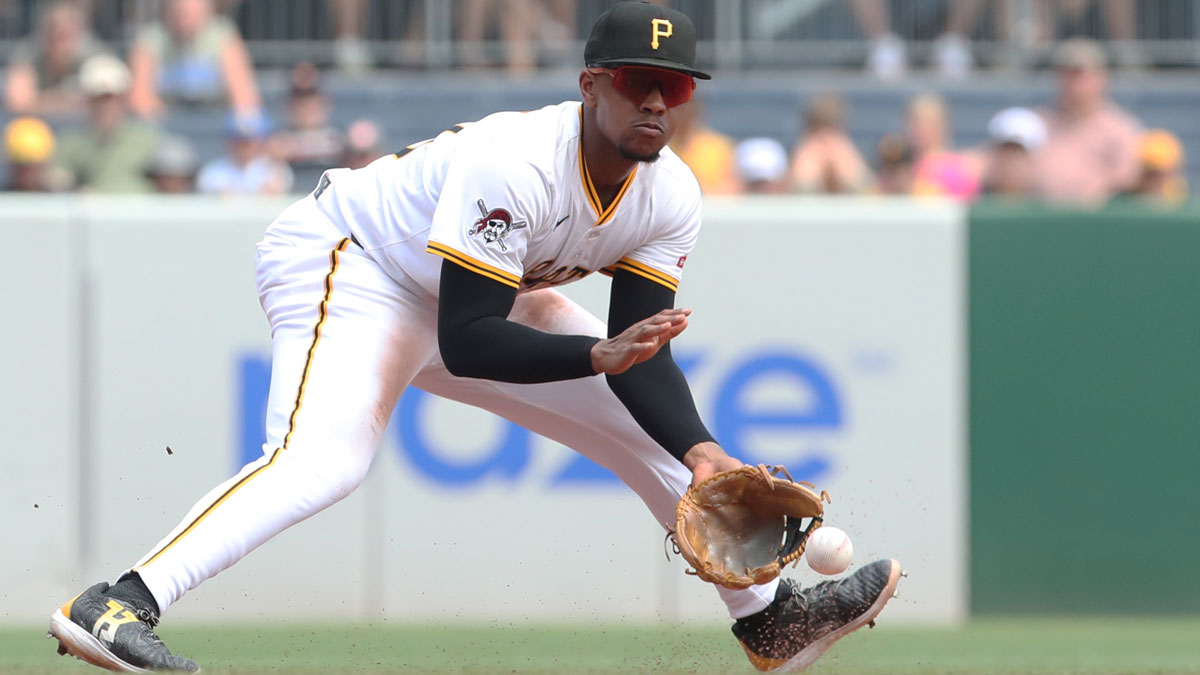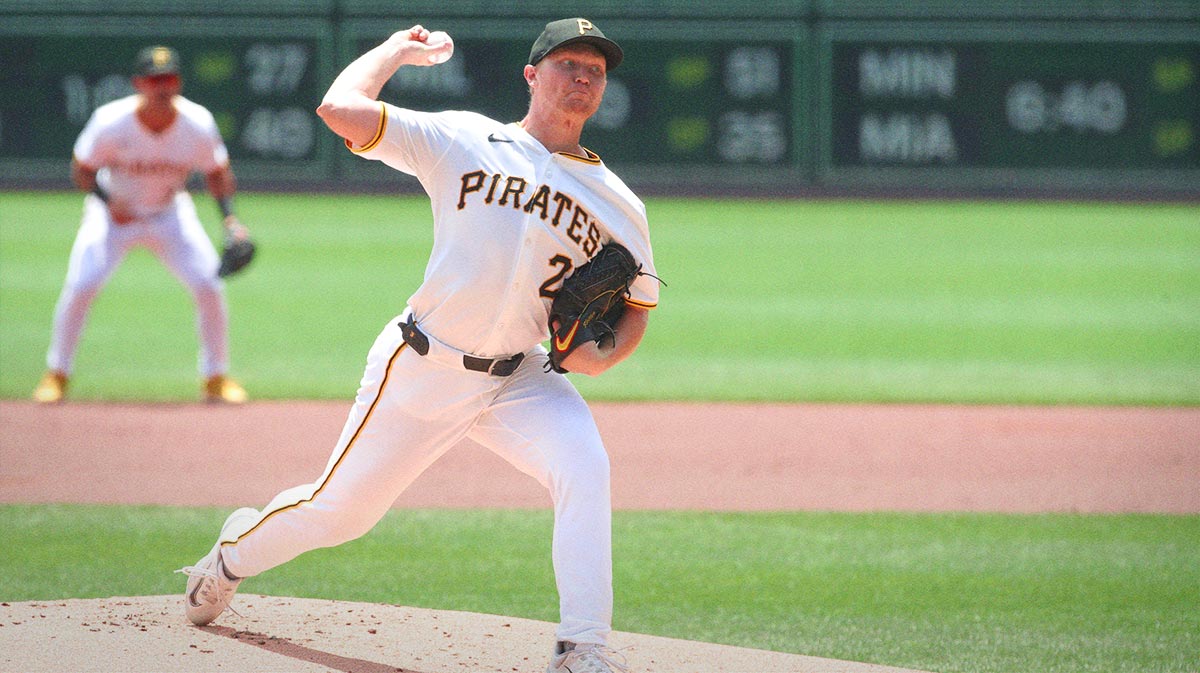The Chicago Cubs are one of the winningest MLB franchises in the last few years. After a long and arduous rebuild that began in earnest following the 2010 season, the Cubs burst back onto the scene as contenders in 2015. One season later, they had finally climbed the mountain in winning their first World Series title since 1908.
One of the most forlorn franchises for generations seemed to be on the cusp of a potential dynasty with young stars like Kris Bryant, Anthony Rizzo, Javier Baez and Willson Contreras leading the way. Instead, a failure to recapture postseason glory has only led to growing frustrations on the North Side.
The 2019 season has been no different. Chicago got off to a 2-7 start, only to rebound with a 27-11 run that catapulted them back to the top of the NL Central. But after a 14-15 mark in June, the Cubs come out of the All-Star break with a 47-43 record, and are barely clinging to first place in the division despite the struggles of the Milwaukee Brewers and St. Louis Cardinals.
Contrary to last season, many of the stars are performing. Both Baez and Contreras were named All-Star starters for the second consecutive season, and Bryant has the seventh-highest fWAR in baseball following a 2018 that was plagued by injuries.
Still, the general feeling is that this Cubs team is underperforming. They are hardly the dynamic group that won 103 games and a World Series in 2016, even though the talent is still there.
North Siders are quick to place blame wherever they see fit, but who are the main culprits for the early-season struggles thus far?
Kyle Schwarber and co. w/RISP
This is not to suggest that Chicago's offensive woes rest solely on Schwarber's shoulders, because that is not only unfair, but it is hardly the case.
Still, it is difficult to ignore just how disappointing Schwarber has been at the plate this season. He was scrutinized tremendously for a woeful first half of 2017 when he was even demoted to the minor leagues. Yet, Schwarber finished with a higher OPS that season (.782) than his current OPS (.777).
He has looked serviceable in the leadoff spot, posting an .819 OPS in 47 games at the top of the order, which is only slightly below Dexter Fowler's .840 OPS as a leadoff for the 2016 team. But the main issue with Schwarber this season has been his situational hitting.
Schwarber has 73 plate appearances with runners in scoring position this season, more even than Bryant (who also has struggled in these scenarios). He is hitting just .196 with a woeful .690 OPS in these situations, with a strikeout rate of close to 30 percent.
Sure, there is something to be said for Schwarber having the second-highest average exit velocity for all players with at least 100 events. Simultaneously, is that really a factor when you consider that he only has a .375 slugging percentage with runners in scoring position?
Schwarber is not the only player that has been lacking the “clutch” gene this season. Despite having his best offensive season yet for Chicago, Jason Heyward has also had issues (.217 average w/RISP), and Bryant has been equally as frustrating (.232).
Still, the Cubs have been hoping that Schwarber would be more of a fearsome hitter with ducks on the pond, as he was in the 2015 and 2016 playoffs. It simply has not happened.
Joe Maddon
There is no question that Maddon has been one of the most successful managers in baseball since he was hired by the Cubs prior to the 2015 season. But all too often, he seems like a guy that sticks to the “process,” even when the process is failing the team.
For example, consider that Maddon is a proponent of the platoon advantage, both on the mound and in the batter's box. He has loves to start Albert Almora Jr. against left-handers because of Almora's previous success against lefties. But this year, Almora has just a .216 average and .558 OPS against lefties, compared to a .264 average and .739 OPS against right-handers.
The same can be said for his deployment of relievers. While the Cubs certainly lack enough left-handed depth in the bullpen, Maddon has repeatedly run Mike Montgomery out to face lefties in the batter's box, and they have torched him to the tune of a .500 average and a 1.381 OPS.
But perhaps the most frustrating thing about Maddon in recent seasons is how he constantly preaches that the talent will take care of itself. This is the same guy who took a 2008 Tampa Bay Rays squad full of utility guys and role players to the World Series.
Sometimes, “talent” is simply not good enough. The Cubs had more talent than the Brewers last season, and yet they watched the Brewers steal the division title and come within a single game of reaching the World Series.
Perhaps this is why Maddon decided to throw a bit of a fit and get ejected during Chicago's win against the Pittsburgh Pirates on July 4.
This nucleus has always responded better to challenges. They overcame deficits in the NLCS and the World Series in 2016, and won the division in 2017 despite falling below .500 at the All-Star break.
Maddon needs to find a way to inspire once again.
Theo Epstein
Ultimately, the brunt of the blame has to go to the front office, and more specifically to Theo Epstein. One of the reasons that Maddon has to use guys like Montgomery so often is that Epstein failed to address a glaring lack of bullpen depth in the offseason.
In fact, Epstein has completely struck out–pun intended–in terms of offseason additions over the past couple winters.
As for last year's signings, Yu Darvish has looked better in 2019 while staying healthy, but his walk rate is excessive and he has given up far too many homers. Meanwhile, Brandon Morrow has still yet to pitch this season, and his timetable for return is wholly unclear.
This winter's premium addition–reliever Brad Brach–started the season well, but has been atrocious in the past few months. Xavier Cedeno has made just five appearances, and the Carlos Gonzalez experiment failed horribly.
Epstein and Jed Hoyer have repeatedly professed faith in guys like Schwarber, Almora and Ian Happ (who started the season in Triple-A and has failed to yield positive results), but maybe they simply are not good enough.
Maybe the Cubs have gotten too complacent in keeping all of their young outfielders in the hopes that–as Maddon so often says–their talent would pan out. After all, it was Epstein who drafted all three of those aforementioned players. Is his pride getting in the way?
The issues are still glaring for the Cubs. A total lack of pitching depth (particularly in the bullpen), not enough “professional” hitting in the lineup and no real speed threats on the bases.
Signing Craig Kimbrel is not going to be enough for this team. The need another impact move–or two–if they hope to have a chance of competing with the likes of the Los Angeles Dodgers come October.
The onus is on Epstein to make it happen.

